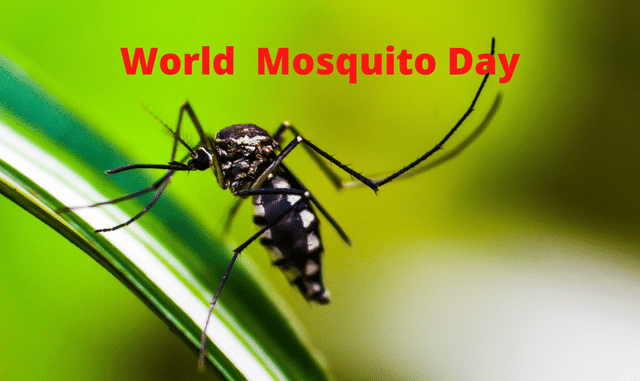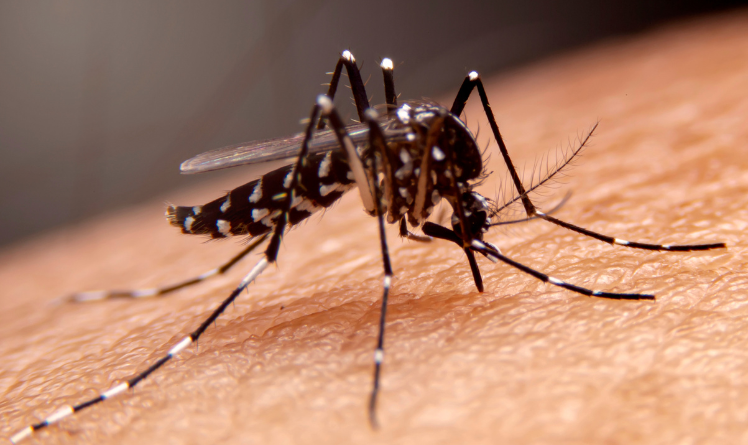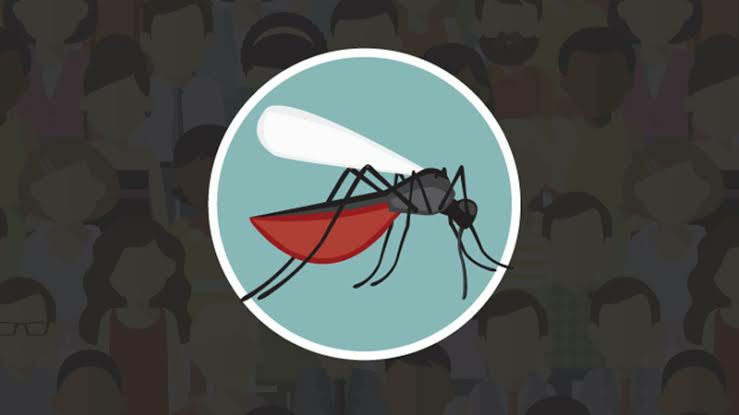Bhubaneswar : One of the deadliest infectious diseases in the world, malaria, is spread through the bite of a mosquito. According to the World Malaria Report 2021, by WHO, in 2020, 241 million cases of malaria were recorded worldwide, and 627,000 deaths. In order to prevent illness and deaths due to malaria, it is critical that we clap back against the disease by taking simple precautionary steps. This World Mosquito Day, on August 20, Odisha is set to renew its efforts to end malaria once and for all.
Odisha has traditionally had a high burden of malaria, but in the period between 2016 and 2021 cases reduced by 94%. Odisha adopted a region-specific approach to malaria elimination and witnessed a sharp drop in cases over a four-year period.
The National Centre for Vector Borne Disease Control (NCVBDC)’s state chapter launched Project DAMaN in 2017 in high-burden districts. A combination approach was taken – by conducting routine screenings, distributing insecticidal nets, and disseminating behaviour change communications. As a result, the number of cases reduced from nearly 3.5 lakh in 2017 to 25,503 in 2021.
By strengthening public health infrastructure and enhancing access to essential diagnostic and treatment services, Odisha is contributing significantly to reducing India’s malarial incidence and improving the health and well-being of its population.
Endemic states with fragile health infrastructure and accessibility challenges, particularly post COVID-19, still bear the heaviest burden of malaria in the country. By raising public awareness about the importance of protecting ourselves from malaria and outlining the key steps to prevent illness and death from malaria, the Ministry of Health and Family Welfare hopes to build momentum in the drive to end malaria in India by 2030.
This was especially challenging during the peak of the pandemic. Thanks to ongoing efforts, malaria cases continued to decline in India at a time when other countries witnessed sharp increases in cases.







